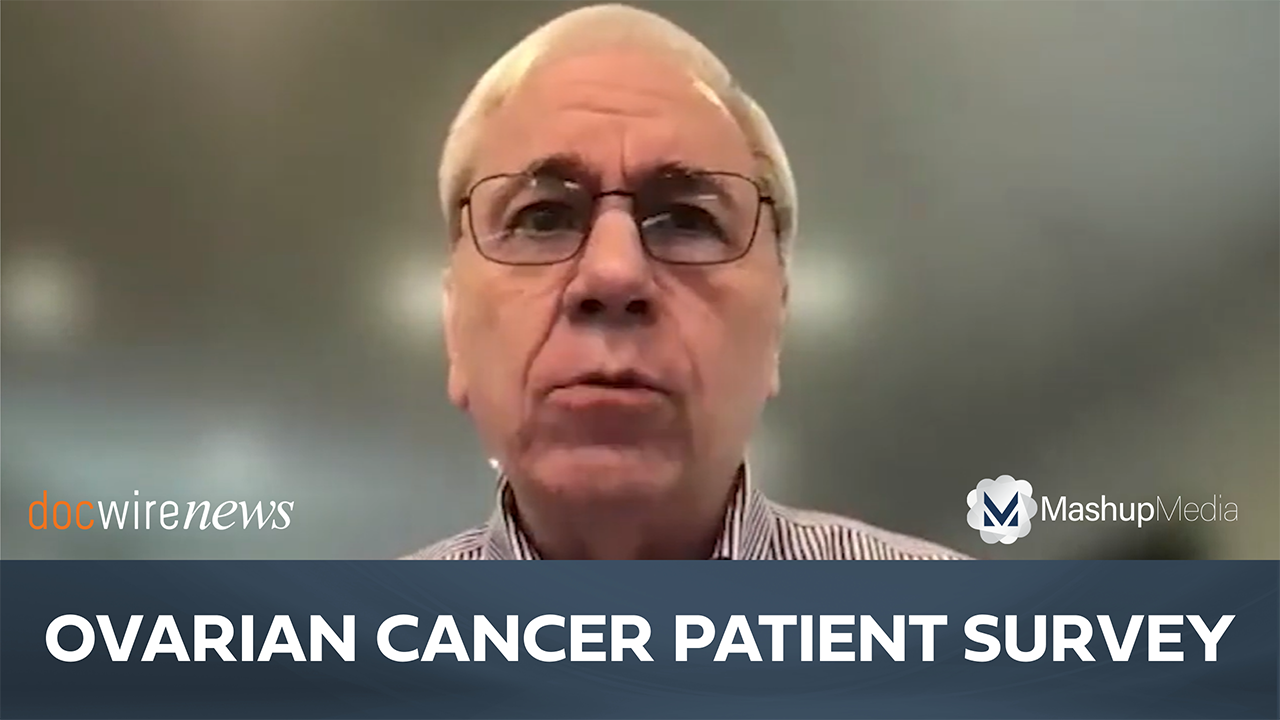
Secondary surgical cytoreduction followed by chemotherapy does not extend overall survival (OS; primary endpoint) compared with chemotherapy alone in patients with platinum-sensitive, recurrent ovarian cancer, according to a study published in The New England Journal of Medicine.
In the open-label, multicenter, randomized, international, phase III GOG-0213 study, 485 patients were randomized to undergo secondary surgical cytoreduction followed by platinum-based chemotherapy (n=240) or platinum-based chemotherapy alone (n=245). The cohort included patients with recurrent ovarian cancer (defined as epithelial ovarian, primary peritoneal, or fallopian tube cancer) who had received one previous therapy, had an interval of six months or more during which platinum-based chemotherapy was not used, and had investigator-determined resectable disease to adjuvant chemotherapy.
Patients were followed for a median of 48.1 months. Complete gross resection was achieved in 67% of the patients who underwent surgery. Platinum-based chemotherapy with bevacizumab followed by bevacizumab maintenance was administered in 84% of all patients and was equally distributed between the two groups.
Survival was extended with chemotherapy alone
The hazard ratio (HR) for death for surgery versus no surgery was 1.29 (95% CI, 0.97-1.72; P=0.08). The median OS was 50.6 months with secondary surgery and 64.7 months with chemotherapy alone. This was associated with a 29% increased death rate for those who underwent surgery.
HR for disease progression or death for surgery versus no surgery was 0.82 (95% CI, 0.66-1.01). The median progression-free survival was 18.9 months with surgery and 16.2 months with chemotherapy alone.
Surgical morbidity at 30 days was 9%—one patient (0.4%) died from postoperative complications. Patient-reported quality of life decreased significantly after surgery but did not differ significantly between the two groups after recovery.
“I do think this study will decrease the number” of secondary surgeries, lead author, Robert Coleman, MD, of the University of Texas MD Anderson Cancer Center in Houston, Texas, told Reuters.







 © 2025 Mashup Media, LLC, a Formedics Property. All Rights Reserved.
© 2025 Mashup Media, LLC, a Formedics Property. All Rights Reserved.